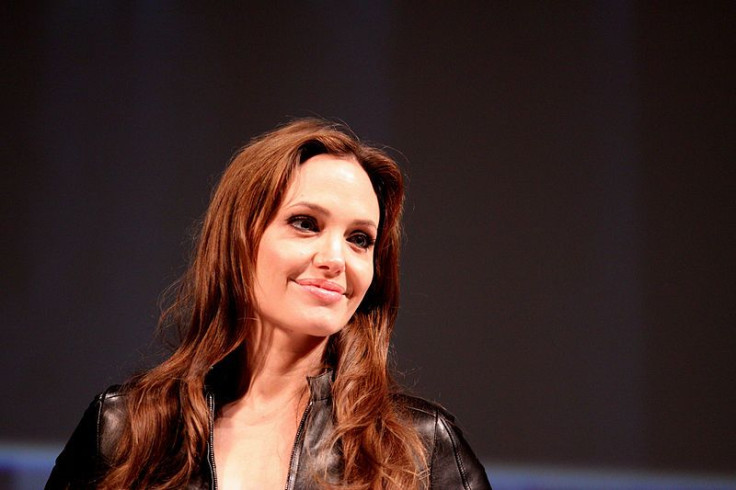The Angelina Jolie Effect: Surge In Women Patients Requesting Double Mastectomies, Even When They Don’t Carry BRCA1 Gene

In May, actress Angelina Jolie revealed that she had both of her breasts removed in a double mastectomy after doctors discovered that she carries the BRCA1 gene, which is believed to increase women’s breast cancer risk. Jolie’s announcement may be responsible for women requesting genetic testing and double mastectomies — even when they don’t need them.
"My doctors estimated that I had an 87 percent risk of breast cancer and a 50 percent risk of ovarian cancer," Jolie wrote in an op-ed piece published in the New York Times. "Once I knew that this was my reality, I decided to be proactive and to minimize the risk as much as I could."
In many ways, Jolie’s announcement is credited with inspiring women to be more proactive when it comes to their breast health. According to the Daily Mail, the number of women getting tested for the BRCA1 gene has increased 67 percent since Jolie's announcement. And, in the United Kingdom, double mastectomies have quadrupled. Jolie's doctor, Kristi Funk, said that Jolie’s decision to go public about her mastectomy was solely for the purpose of helping others.
"[Jolie] knew always that in her philanthropic core she couldn't keep this a secret and be who she is," said Funk. "She always knew."
But along with the positive effects of Jolie’s announcement came one bizarre one: there has been a rise in unnecessary mastectomy surgeries. Doctors urge women to get proper screening and counseling before getting the preventative breast removal. Even if you have breast cancer, only those with BRCA1 or BRCA2 mutations are encouraged to seek breast removal surgery.
“It’s obviously a great step forward that Angelina Jolie has increased awareness of breast cancer,” said Dr. Kefah Mokbel. “But we’re seeing a large number of women requesting a preventative mastectomy for peace of mind, women who’ve been diagnosed but don’t have a genetic predisposition so wouldn’t benefit.”
“These are patients who say, ‘Can you do for me what Angelina Jolie had done?’ They’re on the increase," said Mokbel.
October is Breast Cancer Awareness Month. For details on how you can contribute your time and/or resources to finding a cure, visit the Susan G. Komen Breast Cancer Foundation website.
Published by Medicaldaily.com



























